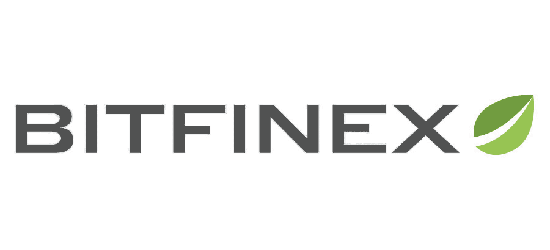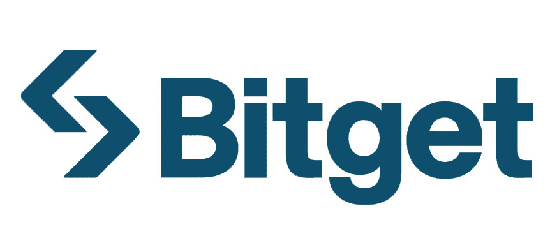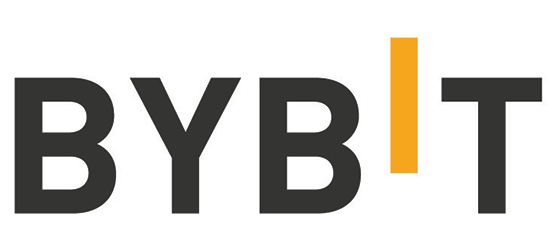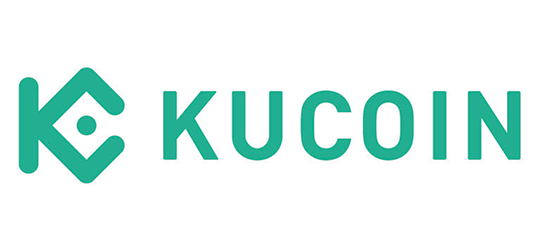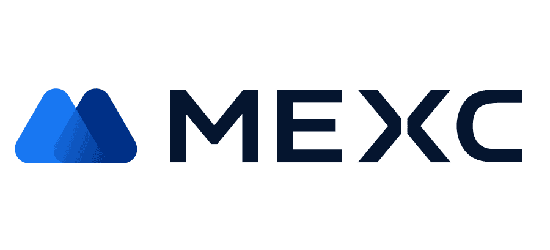Bitcoin selling pressure from miners has eased
Recent analysis by CryptoQuant highlights a notable drop in Bitcoin miners' sell-off activities, hinting at a possible bullish momentum for Bitcoin and its wider market shortly.
As the industry processes the effects of the post-halving sell-off by miners, who have had to liquidate Bitcoin to manage operational expenses, there's been a visible dip in market prices triggered by these sales, primarily conducted through over-the-counter (OTC) deals following a decline in mining profitability.
The halving event in April, which reduced mining rewards from 6.25 down to 3.125 BTC, has made older mining rigs less economically viable, contributing to a slowdown in mining operations and pushing miners towards selling their Bitcoin holdings to remain operational. Before this event, larger mining outfits appeared to be in a good position to deal with the downturn. Yet, recent times have seen them struggle with unprecedented low earnings.
For instance, Marathon Digital offloaded 1,400 BTC by June 10, a steep rise from the 390 BTC sold during the entirety of May. However, CryptoQuant's latest data points to a significant decline in Bitcoin moving out of mining companies' wallets.
Should the trend of reduced sell-offs persist, it may support a rise in Bitcoin's market price, potentially catalyzing a rally across the cryptocurrency market.
This possible market recovery coincides with noteworthy movements within the mining sector.
Mining analyst Wolfie Zhao reported that Phoenix, a UAE-based Bitcoin mining firm, announced its $370 million IPO on the Abu Dhabi Stock Exchange earlier this week, which was met with substantial interest. The IPO prospectus of Phoenix offers a deep dive into its business model and financial solidity.
Phoenix Group segments its operations into three main divisions: in-house Bitcoin mining, colocation hosting services, and sales distribution of ASIC machinery.
With a hashrate capacity of 13.9 EH/s, Phoenix boasts significant operations in both North America and the Middle East.
For the 2023 fiscal year, the company anticipates revenues of $247 million with an EBITDA of $172 million.
Interestingly, the company's largest revenue generator seems to be its hardware sales, despite a focused effort on mining operations. In 2022, Phoenix's subsidiary dealing in computer hardware traded added $720 million in revenues, making up 95.44% of its total income.
The substantial $715 million of that income was earned from distribution agreements with leading mining equipment producers Bitmain and MicroBT.











